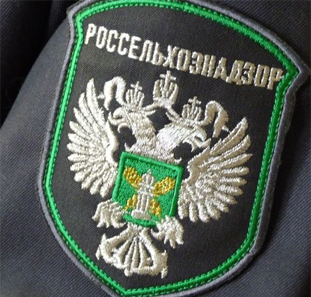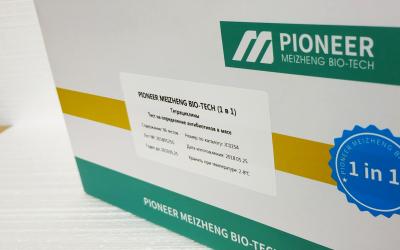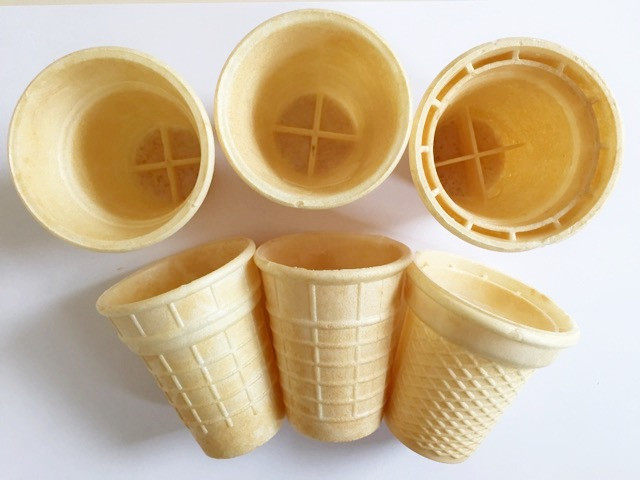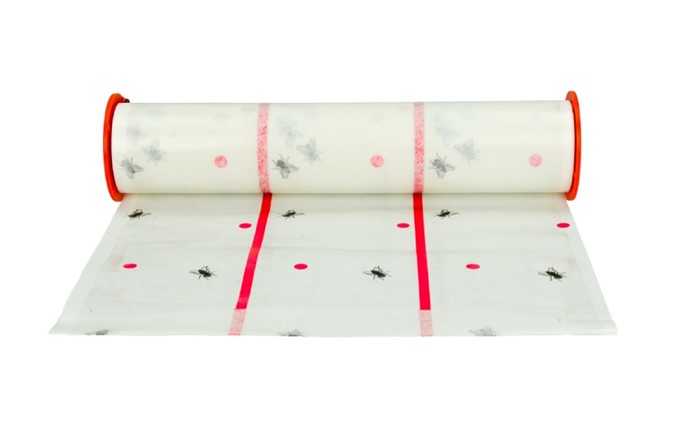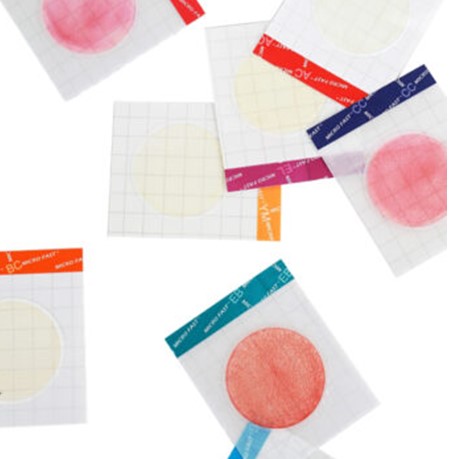The top manager of the Penza "Damate" predicts a drop in poultry production, but the Ministry of Agriculture of the Russian Federation suggests that this is not so.
On March 14, the National Union of Poultry Breeders issued a letter to the Ministry of Agriculture of the Russian Federation, proposing to ban the EXPORT of everything related to growing poultry - from grain and veterinary preparations to incubation equipment. Officials partly agreed with them. In Penza "Damata" they offer a lighter version of the action. However, it is not certain that this will help to cope with the shortage of poultry MEAT, which experts predict due to sanctions and rising costs. The National Poultry Union asked the Ministry of Agriculture to ban the export of feed wheat and corn, sunflower and soybean meal, premixes, amino acids and vitamins for the production of agricultural animals, packaging and container materials and products from them, hatching eggs. The prohibition list of poultry farmers includes incubation equipment, equipment for rearing, slaughtering and processing poultry,
According to producers, these measures are designed to reduce the impact of the current economic situation on the growth in the cost of poultry products and on the increase in prices for these products for the population.
The Ministry of Agriculture has already confirmed to Kommersant that they have received this letter and intend to support restrictions on the export of fodder grain. So far, Prime Minister Mikhail Mishustin has limited the export of grains to the EU countries only - wheat, meslin, rye, barley and corn.
Andrey Grigorashchenko, Vice-President of Damate, commented exclusively on this issue to the publication, noting that meal and cake account for 5% to 12% in the cost of production, and over the past two months their cost has increased by 20% following the growth of the exchange rate. Instead of a total export ban, Damat says the issue should be approached in a flexible way, restricting some crops to quotas and others to a combination of quotas and floating duties.
The company no longer commented on the poultry situation, focusing more on internal issues rather than external issues. Thus, the Group reported on the purchase of equipment for product quality control. Imported or domestic, it is not reported: it is noted that the manufacturer is a global brand. A cursory search on the Internet shows that analyzers for pathogenic bacteria, microorganisms and mycototoxins are mainly supplied by European manufacturers.
The GC intends to come to grips with an increase of 2.2 thousand hectares of land put into agricultural circulation. It will do this in the Penza region, conditioned by the initiative to expand the capacity for the production of turkey meat to 207 thousand tons in carcass weight per year.
It is curious that, according to Meatinfo.ru, a detailed letter to the Ministry of Agriculture of the Russian Federation was prepared in early March by the National Association of Turkey Producers (NAPI). Recall that it was established on May 19 last year, bringing together more than 70% of turkey breeders, suppliers, scientific and educational institutions, and expert centers. One of the initiators of its creation was the Penza company Penzamolinvest LLC (revenue of 21 billion rubles), which is part of Damate Group of Companies.
The publication claims that the appeal, signed, according to its information, by Andrei Grigorashchenko, speaks of the need to support producers in the face of sanctions due to the high dependence on imports of breeding material (95% for chickens, 100% for turkey and duck), problems with its delivery by air, as well as the delivery of feed components, veterinary preparations, and equipment.
- Leading European producers of breeding products and hatching eggs have already warned Russian companies about price increases and the suspension of product shipments to RUSSIA. As a result, there is no longer enough hatching eggs in the country, which can lead to a sharp drop in poultry meat production, the publication reports, specifying that the letter was signed by the same Mr. Grigorashchenko.
Producers offer the agency to organize several types of support - from providing preferential short-term loans to zeroing VAT rates and customs duties on the import of live poultry.
The Ministry of Agriculture has not yet commented on this letter. Although a few days ago, supplies of hatching eggs and day-old chicks from Turkey, Brazil and Chile were allowed.
And on March 14, the HEAD of the Ministry of Agriculture of the Russian Federation, Dmitry Patrushev, reported to Vladimir Putin that the agro-industrial complex, including processing, was operating normally, the situation on the food market was stable. At the same time, it was mainly about the sowing campaign, the grain harvest and the renewal of the agricultural machinery fleet. It should be reminded that Mr. Patrushev is well acquainted with the Penza turkey meat producer, he has repeatedly visited Damate factories, and recently opened another one in the Penza region.
Meanwhile, the problems of poultry and turkey breeders did not begin in March. Back in late January, due to outbreaks of bird flu, ROSSELKHOZNADZOR restricted the import of hatching eggs and live birds from Europe. Reorientation to other importing countries, according to experts, did not help - there is still not enough breeding material.
Even then, analysts were talking about an increase in the shortage of poultry meat, an increase in the cost of production and an increase in the costs of producers. And, as a result, the rise in price of chicken and turkey on the shelves in stores. And they promised that by the end of January the cost of chicken would increase by 6-8 rubles per kilogram.
— One can say unequivocally: due to the growth of producers' costs, prices in Russia will continue to rise. In 2022, chicken meat - at least 10-15 percent, eggs - 20 percent, - then Artem Deev, head of the analytical department at AMarkets, warned.
The Rosselkhoznadzor then denied dependence on imports, arguing that Russiaproduces up to 4 billion hatching eggs per year, and purchases 600-700 million eggs. Experts believe that producers prefer imported breeding material and the market is still far from being fully saturated with their own.
At the end of February, analysts also predicted that due to sanctions in Russia, the production of chicken and eggs could be reduced.
— The industry is affected by a whole range of negative factors. One of the main problems is that some of the ingredients for animal feed are imported. In general, I predict a cost increase of up to 30%. The second question is what will happen if the supply of ingredients for compound feed is hindered or temporarily stopped. This will lead to the fact that the bird will grow slowly, production volumes will decrease,” said Albert Davleev, President of Agrifood Strategies.
He added that there are problems with the import of veterinary drugs, without which the bird will get sick. As well as an increase in the key rate, which is why short-term loans are not available to manufacturers.
On March 15, it became known that the FAS would check egg and poultry producers, as well as retailers, for the validity of price increases. The reason was the numerous complaints of Russians about a sharp jump in prices for these products.
Help "BV". During the pandemic, the demand for poultry meat in Russia increased to 31 kg per person (in 2020). In 2021, 6.72 million tons of meat were produced. Records (growth by 22.7%) are broken by turkey meat: 400 thousand tons in carcass weight. For 10 years - an increase of more than 4 times. Russia in this segment has approached the 1st place in Europe and the 2nd in the world. Damate occupies a leading position in Russia in this matter: in 2021, the company produced 33% (200 thousand tons) more turkey meat. Turkey exports also grew: in 2019, 3.5 thousand tons of turkey meat were sent abroad, in 2021 - 21.7 thousand tons. The main consumer is CHINA , as well as Benin, the United Arab Emirates, and African countries. It is possible that against the background of problems with chicken meat, turkey meat will begin to replace it.

